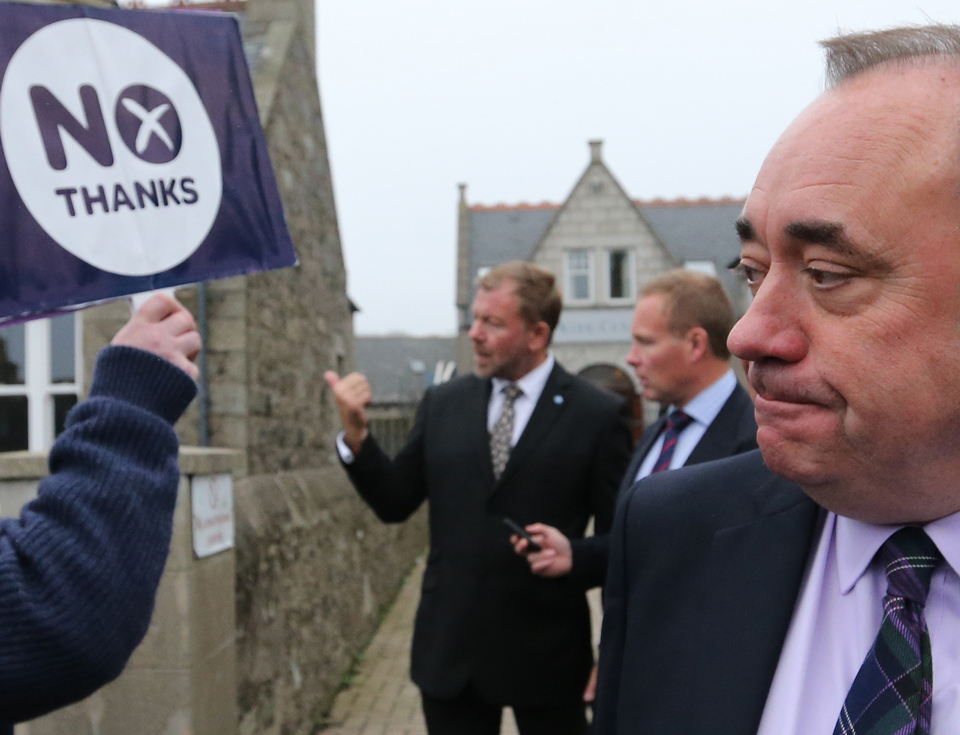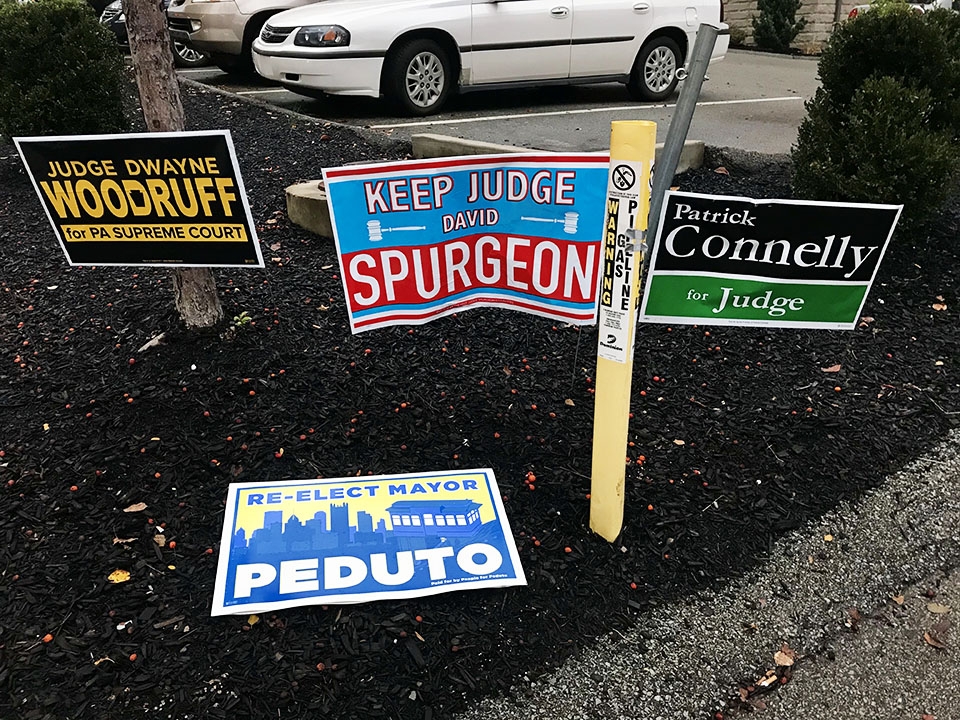Corey Fischer | Student Columnist
This coming Tuesday, people across the country will head to the polls to vote. This election cycle, governors in 38 states, senators in 33 states, and members of the House of Representatives from all 50 are up for grabs. As the election itself gets closer and closer, races are tightening and predictions are being made.
A report published by Project Vote has said that 21 percent of the eligible voter population is comprised of millennials, voters ages 18-29. However, only 17 percent of votes cast in the 2008 presidential election were made by members of our generation. In addition to that, 21 million citizens under the age of 30 did not vote that year. Had they voted at the same rate as older age groups, 7 million more people would have cast votes in that election. While then Senator Barack Obama won the popular vote by over ten million counts, seven million votes in states where the result was close could have radically altered the electoral map and handed the presidency to Senator John McCain.
Over the past few years there has been a rise in protests and movements spearheaded by millennials, like Occupy Wall Street, that have petitioned and protested government actions. While it is our first amendment right to peacefully assemble, protest and petition, these movements have little effect on policies set in Washington, D.C. and have no effect on who is in office.
Republicans are widely expected to win control of the Senate, where they currently hold 45 of the 100 seats. It’s a tough year for Senate Democrats, with blue senators in red states like Alaska, Arkansas, Louisiana, and North Carolina all fighting to keep their jobs; Democratic incumbents in Colorado and New Hampshire, traditional swing states, are no better off either. Seats being vacated by incumbent Democrats in fellow red states like Montana and South Dakota are also widely expected to turn red.
A Republican majority in the Senate would result in the GOP controlling both houses of Congress and create an even more hostile political climate towards President Barack Obama and the Democratic Party. Since 2010, when the Republicans took control of the House of Representatives, our nation’s capital has been plagued by partisan conflict and an unwillingness from both sides to compromise and effectively govern, resulting in political gridlock and even a two-week-long government shutdown last October.
Here in Pennsylvania, incumbent Governor Tom Corbett is expected to fail in his bid for reelection to Democrat Tom Wolf, according to polling data compiled by Real Clear Politics, the New York Times, and Larry Sabato’s Crystal Ball. However, things are looking abysmal for Democrats running for governors’ seats elsewhere, with candidates in Massachusetts and Connecticut, both blue states where the incumbent governor is a Democrat, are not likely to pull through on Election Day.
With more statehouses under Republican leadership, GOP initiatives that have been carried out on a state level, such as stricter voter ID laws, looser gun regulations, and a crackdown on abortion, are likely to be introduced to states previously immune to such measures.
All this comes at a time when the United States is dealing with crisis after crisis. The threat of Ebola, while highly over-exaggerated by the media and politicians, is quickly growing. The deficit is continuing to rise at an alarming rate and unemployment is a huge economic issue.
This is the political situation in the United States today. And, according to statistics, this is probably your first time hearing about it.
While it’s no secret there is an election literally just around the proverbial corner, a vast majority of college students and people ages 18-29 are not expected to vote. Even during presidential elections when voter turnout is higher than in off years, this age bloc does not vote.
Whether due to lack of understanding and awareness, or sheer laziness, college students and millennials as a whole do not vote.
The only way that we, the youngest and largest generation in American society, can influence the direction of our nation is heading to the ballot box. In a time where student loan rates and Social Security spending are huge issues where decisions made now will directly impact our lives in years to come, I can’t think of a reason not to vote.
While one single vote may not change the outcome of an election or set policy agendas in Washington, if we all, as a generation, got our heads in the game, did our civic duty, and voted, we would make the rules and be able to, by proxy, dictate what direction this nation heads in.
So to all the Pennsylvania residents here at Duquesne, go out and vote this coming Tuesday. We can have a say in Washington, but only use our ears and open our mouths.




